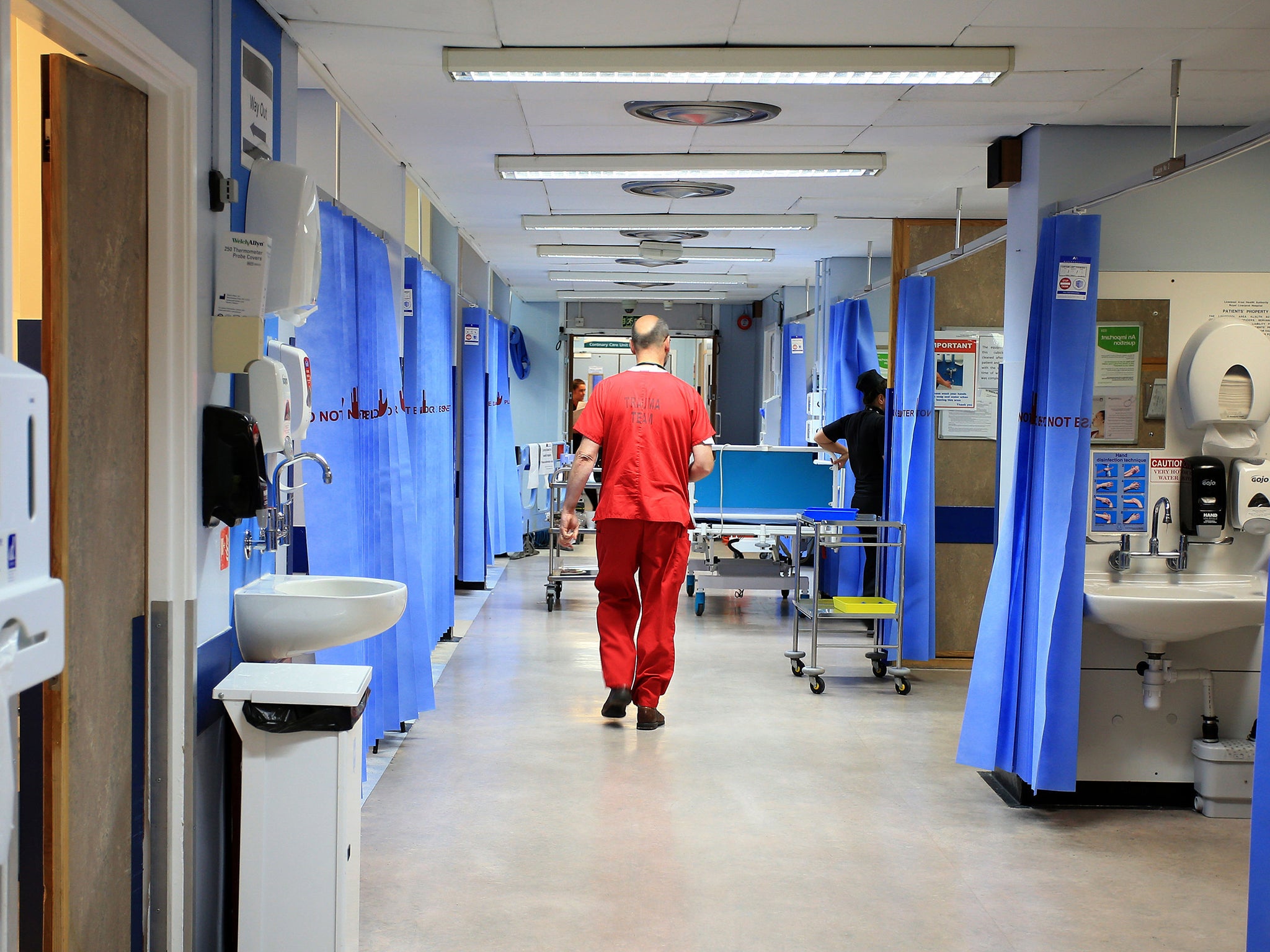NHS doesn't deserve more money until it 'puts its house in order' to stop waste, says healthcare inquiry chair
'I do not think at the moment we deserve more money until we put our house in order,' says Professor Tim Briggs

Your support helps us to tell the story
From reproductive rights to climate change to Big Tech, The Independent is on the ground when the story is developing. Whether it's investigating the financials of Elon Musk's pro-Trump PAC or producing our latest documentary, 'The A Word', which shines a light on the American women fighting for reproductive rights, we know how important it is to parse out the facts from the messaging.
At such a critical moment in US history, we need reporters on the ground. Your donation allows us to keep sending journalists to speak to both sides of the story.
The Independent is trusted by Americans across the entire political spectrum. And unlike many other quality news outlets, we choose not to lock Americans out of our reporting and analysis with paywalls. We believe quality journalism should be available to everyone, paid for by those who can afford it.
Your support makes all the difference.The NHS needs to put its “house in order” and improve standards before it can justify asking central Government for more cash, the man leading a review of efficiency within healthcare has said.
Professor Tim Briggs, national director of clinical quality and efficiency, said the service currently wastes too much money on poor care.
He told The Times: “I do not think at the moment we deserve more money until we put our house in order and we actually make the changes that will improve the quality of care.
"If you could get the infection rate across the country down to 0.2% just in hip and knee replacements, you'd save the NHS every year £250 million [to] £300 million, just by improving the quality of care."
Prof Briggs' audit has identified means of saving hundreds of millions of pounds every year if the most efficient practices are rolled out across the country.
It identified hundreds of thousands of patients needlessly being admitted to emergency surgery beds, and bed-blocking in other wards, as among the greatest wastes of money in hospitals, the paper reported.
The inflated price of basic surgical equipment and legal costs associated with mistakes in maternity wards are also identified as areas in which cash can be saved.
Prof Briggs, the consultant orthopaedic surgeon at Royal National Orthopaedic Hospital NHS Trust, told The Times: "At the moment there are significant changes we can make to improve our practice that will allow us to do a lot more work with the amount of money we have."
Two months ago a report in the Health Service Journal (HSJ) said parts of the NHS in England were considering ”savage“ cuts in a bid to meet financial targets.
Some of the proposals under discussion in a number of the areas included: closing or downgrading wards and services, extending waiting times, restricting NHS funding for some treatments and limiting the number of operations carried out by non-NHS providers, the HSJ reported.
The NHS has been told to make £22bn in efficiency savings by 2020.
Press Association
Join our commenting forum
Join thought-provoking conversations, follow other Independent readers and see their replies
Comments